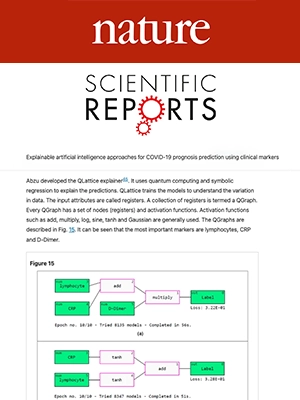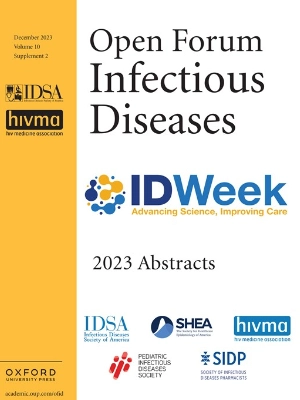Jisu Jeong, Wonmin Lee, Ye-Ah Kim, Yun-Ji Lee, Sohyun Kim, Jaeyeon Shin, Yueun Choi, Jihan Kim, Yoonsung Lee, Man S. Kim 1, and Soon-Hyo Kwon 4. International Journal of Molecular Sciences. 2024; 25(7):3973.
Abstract.
Although the pathogenesis of solar lentigo (SL) involves chronic ultraviolet (UV) exposure, cellular senescence, and upregulated melanogenesis, underlying molecular-level mechanisms associated with SL remain unclear. The aim of this study was to investigate the gene regulatory mechanisms intimately linked to inflammation in SL. Skin samples from patients with SL with or without histological inflammatory features were obtained. RNA-seq data from the samples were analyzed via multiple analysis approaches, including exploration of core inflammatory gene alterations, identifying functional pathways at both transcription and protein levels, comparison of inflammatory module (gene clusters) activation levels, and analyzing correlations between modules. These analyses disclosed specific core genes implicated in oxidative stress, especially the upregulation of nuclear factor kappa B in the inflammatory SLs, while genes associated with protective mechanisms, such as SLC6A9, were highly expressed in the non-inflammatory SLs. For inflammatory modules, Extracellular Immunity and Mitochondrial Innate Immunity were exclusively upregulated in the inflammatory SL. Analysis of protein–protein interactions revealed the significance of CXCR3 upregulation in the pathogenesis of inflammatory SL. In conclusion, the upregulation of stress response-associated genes and inflammatory pathways in response to UV-induced oxidative stress implies their involvement in the pathogenesis of inflammatory SL.
4. Materials and methods.
4.5. Analysis of module correlation.
We employed QLattice [25], a machine learning-based regression and classification tool, to perform correlation analysis between inflammatory systems and their associated modules. The analysis revealed regression models, with an implicit consideration of Pearson’s correlation using NES values for inflammatory systems and their modules with inflammatory genes filtered by a p-value < 0.5 from TPM (Transcript Per Million) normalized expression levels. The calculation was processed by comparing each SL sample with all the normal cases, as well as all the SL samples with all the normal cases. Subsequently, the NES values of inflammatory modules were used as inputs to regression models in QLattice, with the NES values of their corresponding inflammatory systems as outputs.
5. Conclusions.
In conclusion, the comparison between the inflammatory and non-inflammatory SLs at the multi-system levels (i.e., transcription and protein level) revealed both commonalities and differences in inflammatory-associated responses. To investigate underlying functional mechanisms associated with these factors depending on the inflammation, multiple analysis approaches from different perspectives were extensively executed. Our findings associated with inflammatory responses from the implementation unveiled important fundamental roles in the pathogenesis, development, or progression of SL. Furthermore, considering the cellular stresses induced by the factors, the upregulation of stress response-associated genes in response to UV and oxidative stress implies their involvement in the progression of SL.












